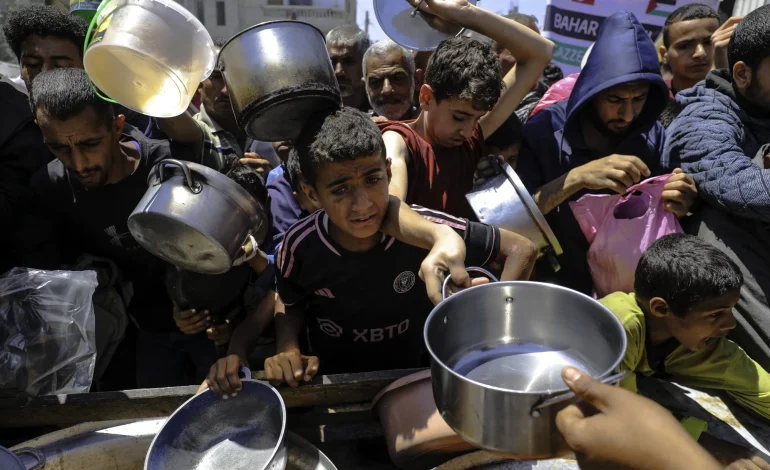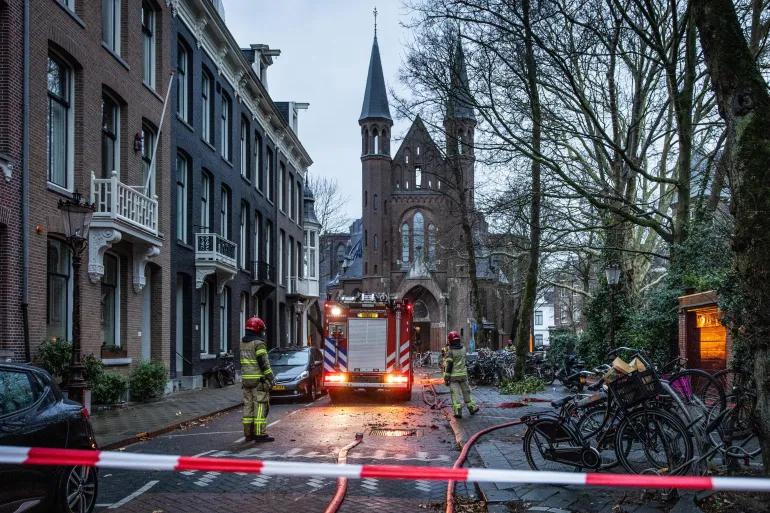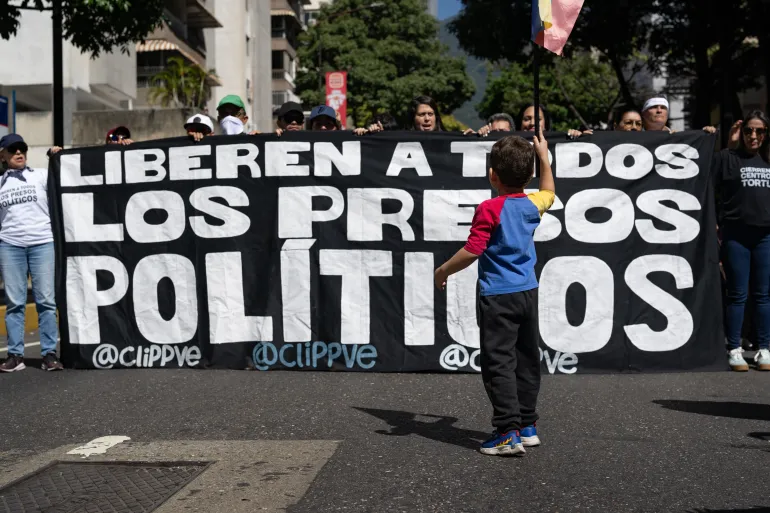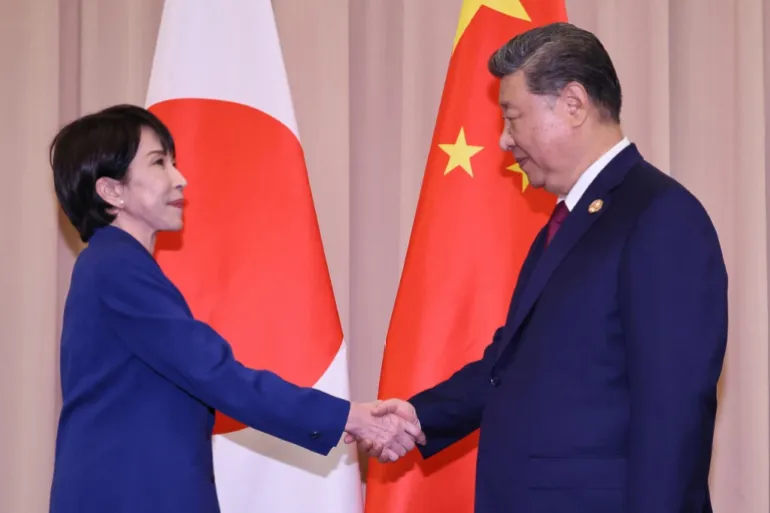Israel Plans Aid Distribution Centers in Southern Gaza as Humanitarian Crisis Deepens

Israel is preparing to establish aid distribution centers in southern Gaza and relocate large numbers of civilians there, as it attempts to navigate mounting international criticism over a prolonged blockade while maintaining military and diplomatic pressure on Hamas, Bloomberg reports.
The plan, disclosed by Israeli officials speaking on condition of anonymity, includes setting up aid hubs in the buffer zone controlled by the Israel Defense Forces (IDF), with several locations planned in the city of Rafah. Family heads will reportedly be permitted to collect food packages at these centers, though anyone identified as a Hamas member will be barred.
No official timeline for implementation has been released, and the Israeli government has not publicly commented on the matter.
Blockade, Renewed Offensive
The initiative comes in the wake of a sharp escalation in hostilities. Israel halted all humanitarian aid deliveries and resumed military operations in early March after a six-week truce with Hamas collapsed. Officials have indicated that the blockade is part of a broader strategy to pressure the militant group into easing its terms for a possible ceasefire and the release of hostages — 59 individuals remain in captivity, though fewer than half are believed to be alive.
Israel’s security cabinet has also authorized a broader expansion of military action in the Gaza Strip, aiming to secure additional territory amid ongoing efforts to dismantle Hamas infrastructure.
According to the United Nations, Gaza is now facing what may be its worst humanitarian crisis since the war began. Food stocks have dwindled, prices have skyrocketed, and aid groups report being unable to sustain operations. The UN’s World Food Programme has exhausted its supplies, and World Central Kitchen, a high-profile relief organization founded by chef José Andrés, has ceased food distribution due to access issues and safety concerns.
Humanitarian Concerns, International Reactions
Humanitarian organizations have raised alarm over Israel’s new plan. Jens Laerke, spokesperson for the UN Office for the Coordination of Humanitarian Affairs (OCHA), warned, “It appears to be a deliberate attempt to weaponize the aid, and we have warned against that for a very long time. Aid should be provided based on humanitarian need to whomever needs it.”
According to OCHA and other relief agencies, the blockade has effectively stopped the flow of humanitarian supplies into Gaza since late February. Israel’s Coordination of Government Activities in the Territories (COGAT) has not recorded any new truck drop-offs since February 28.
Meanwhile, Israeli defense sources cited by Army Radio claimed each family would receive enough food for basic survival, with American charities and private companies expected to oversee distribution — though specific entities were not named.
Civilians continue to bear the brunt of the crisis. In Khan Younis, Rola Abu Baraka said she and her children now rely on communal kitchens, often going without dinner. “Yesterday, the distribution ended as my son was lining up, so we had nothing to eat,” she said.
Strategic Timing Around Trump’s Visit
The Israeli government has indicated it will wait until after US President Donald Trump’s upcoming visit to the Gulf before launching a full occupation of Gaza. Trump is expected to travel to Saudi Arabia, Qatar, and the UAE next week, where discussions will likely include the crisis in Gaza and regional security dynamics. The trip is also expected to yield investment deals potentially worth billions of dollars.
While Trump has generally echoed Israeli claims that Hamas diverts aid for its fighters and resale, he has expressed concerns about the worsening conditions in Gaza, offering a rare sign of pressure from Washington.
Background: War and Aftermath
The conflict began on October 7, 2023, when Hamas militants launched a surprise cross-border assault, killing roughly 1,200 Israelis and abducting around 250 people. The Israeli military response has led to the deaths of more than 52,000 Palestinians, according to Gaza’s health ministry, which does not differentiate between combatants and civilians. Israel has also lost hundreds of soldiers in the fighting.
As Israeli tanks and troops continue to carve out new buffer zones, including a five-kilometer strip along the Egypt-Gaza border, much of Rafah has been evacuated and buildings leveled. Israeli officials say the demolitions are aimed at dismantling Hamas infrastructure, though international observers, including several European governments, have condemned the operations as excessive and destructive to Palestinian society.
With truce negotiations at a standstill, Defense Minister Israel Katz warned Wednesday that if talks fail, the military will escalate operations further and evacuate the entire Gaza population to the southern region.









The latest news in your social feeds
Subscribe to our social media platforms to stay tuned